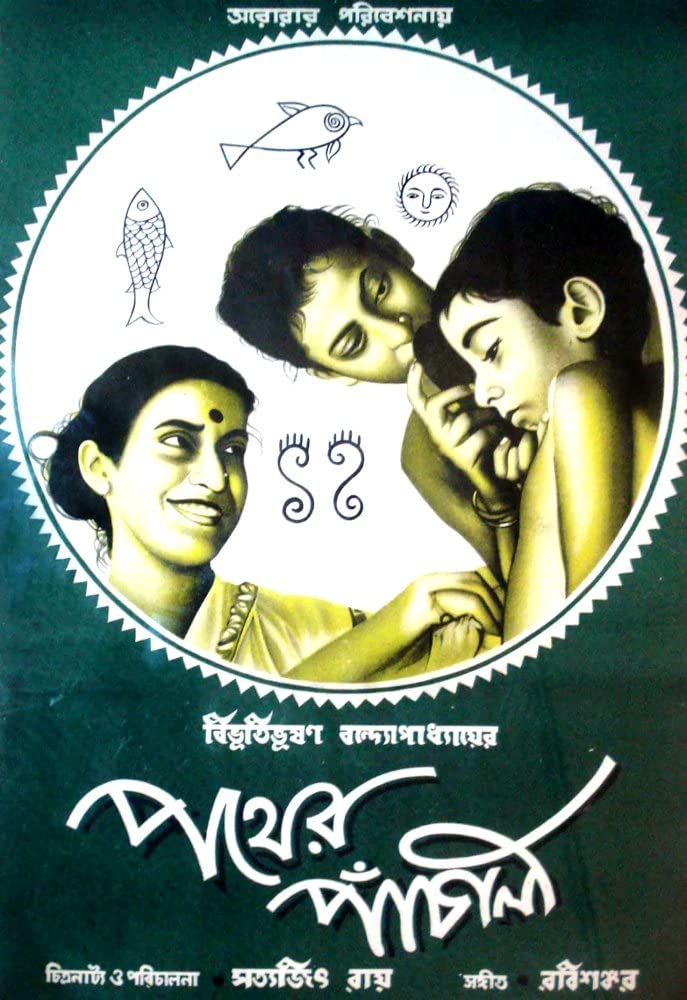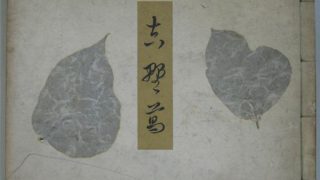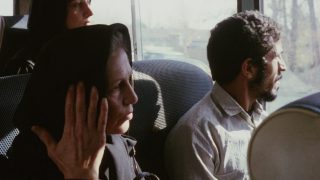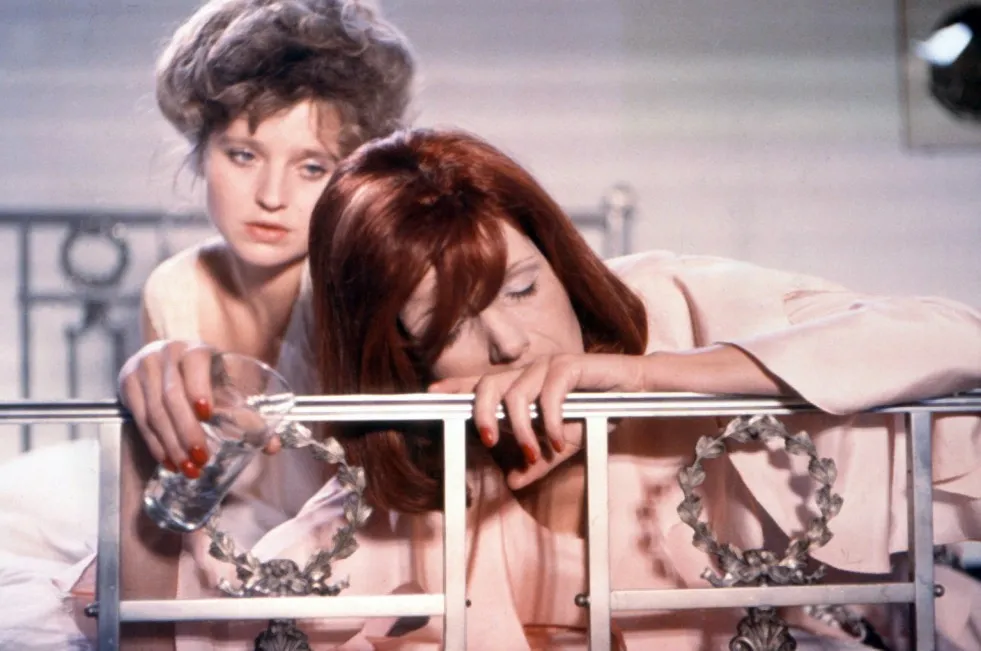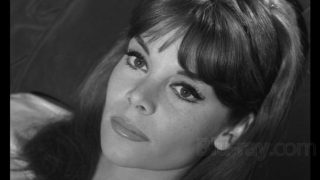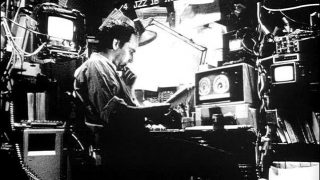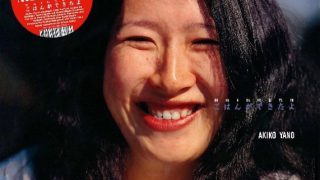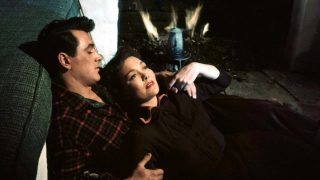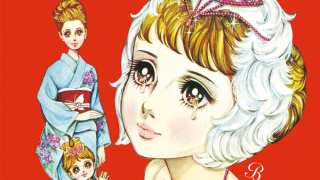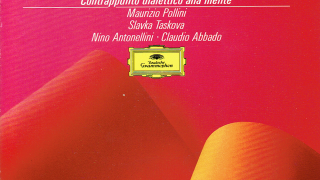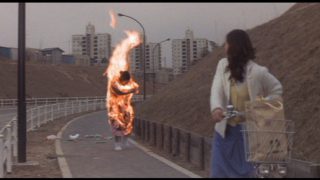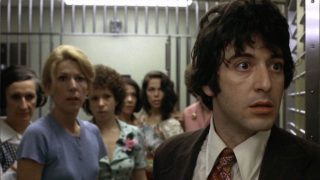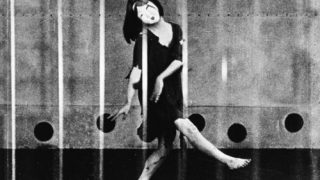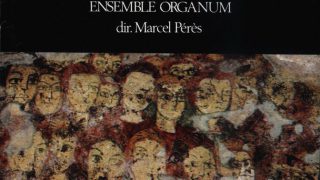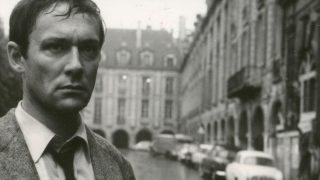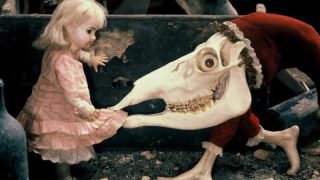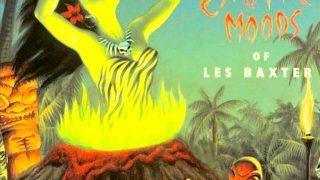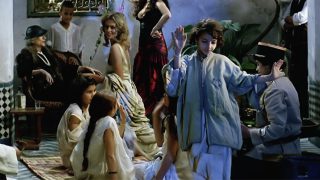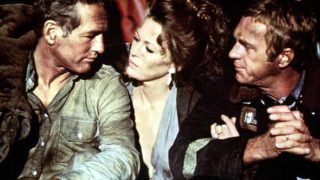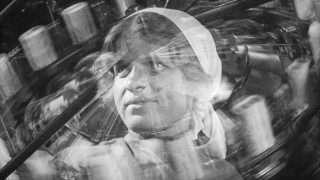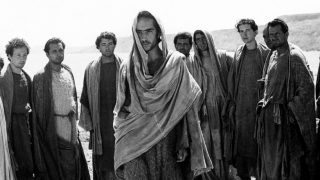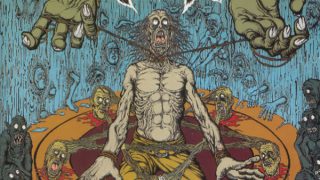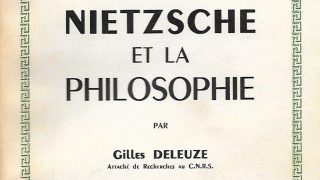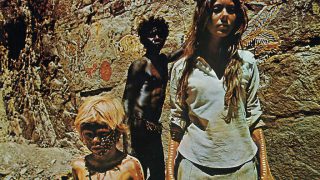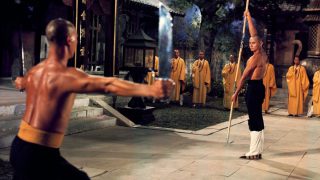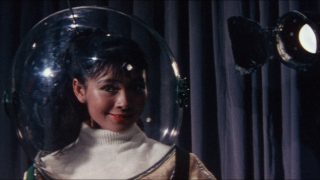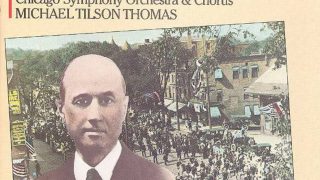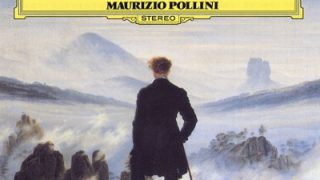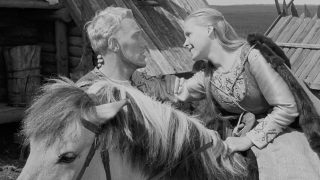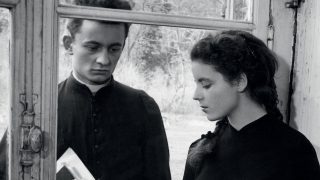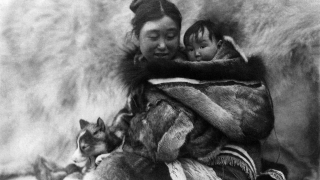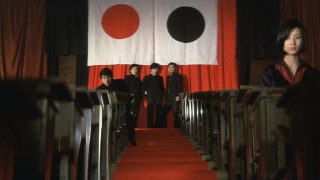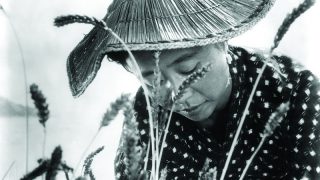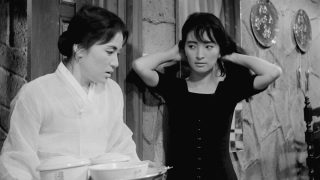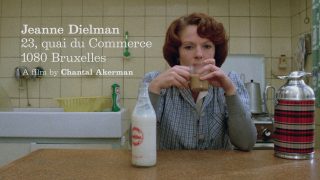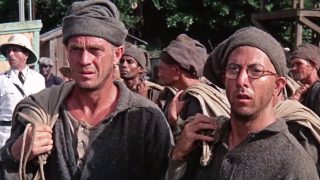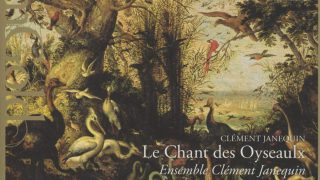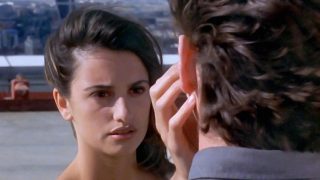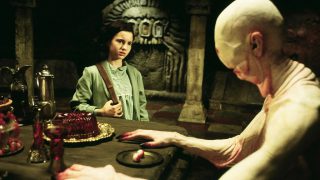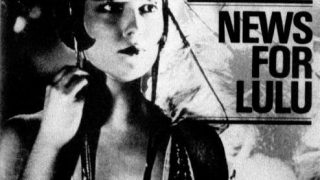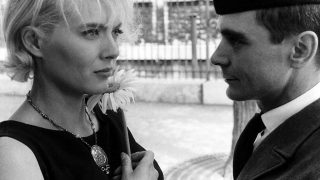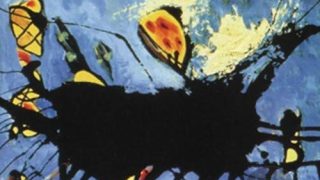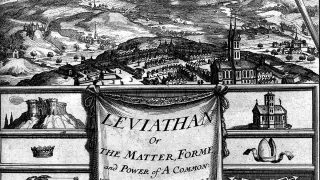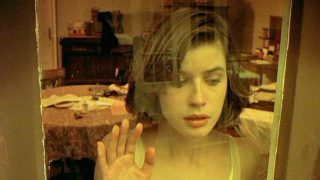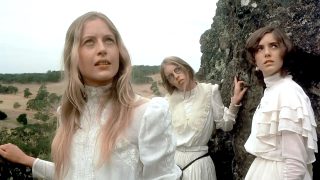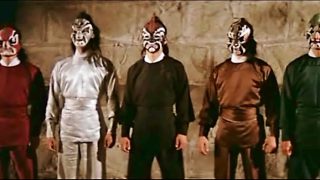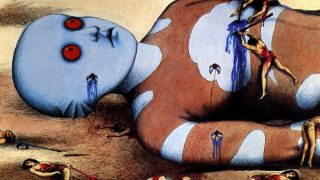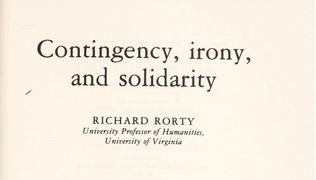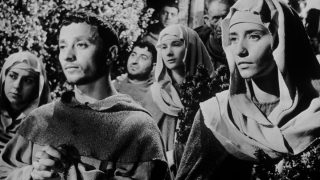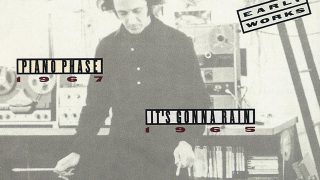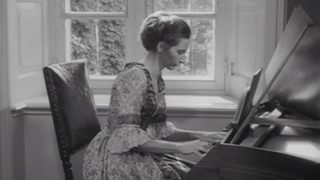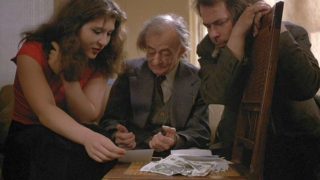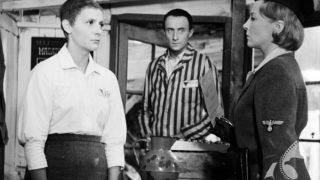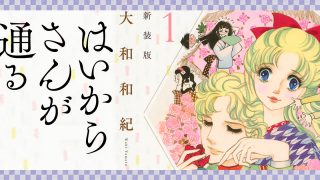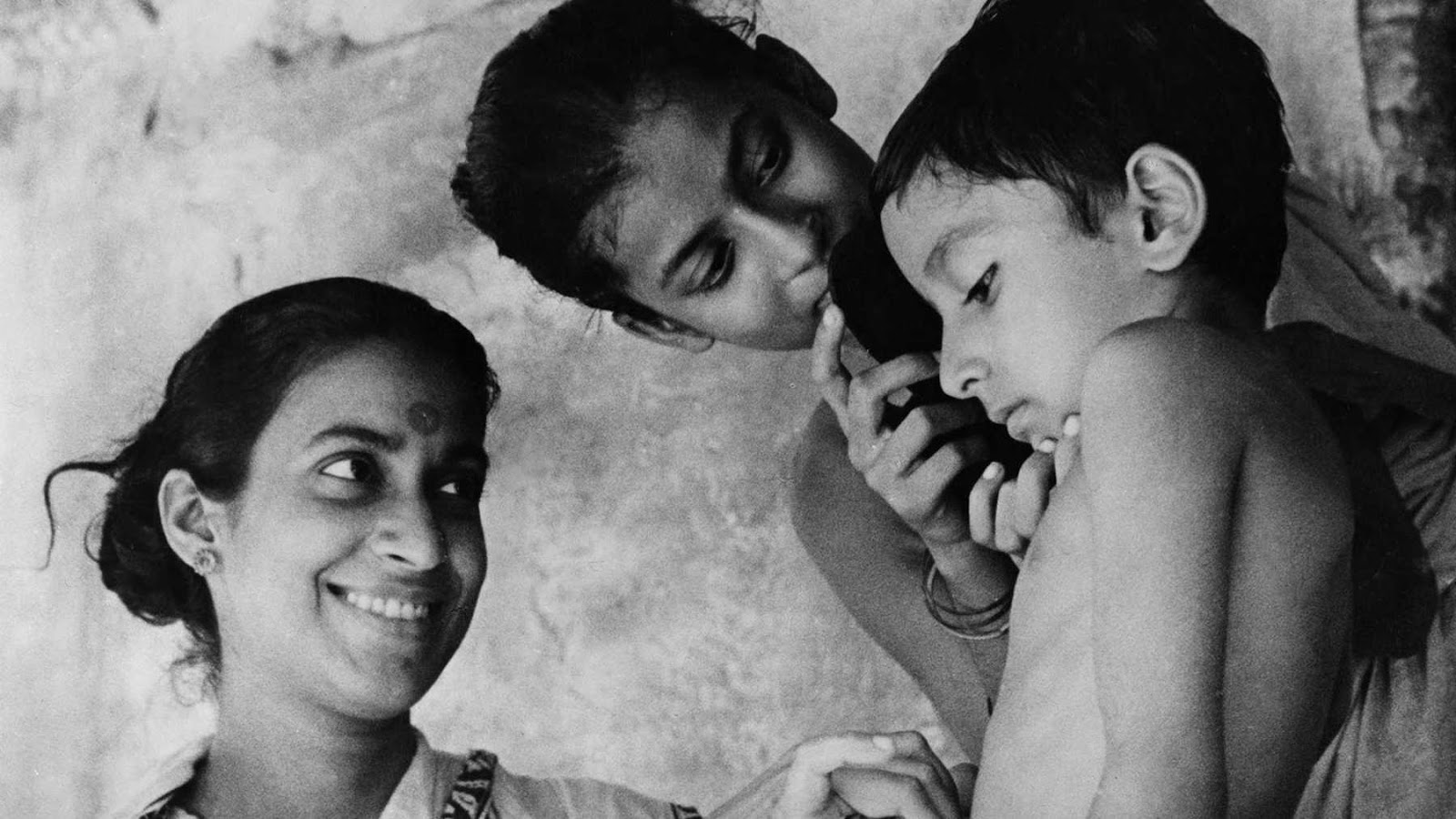Overview
“Pather Panchali (Song of the Little Road)” is a 1955 Indian historical drama film written and directed by Satyajit Ray and produced by the Government of West Bengal.
It is an adaptation of the autobiographical novel of the same name (1929) by Bibhutibhushan Bandyopadhyay.
Set in a tiny, rural village in West Bengal in the 1920s, it depicts the life of a family through the eyes of a boy.
The language is Bengali. Black & white. 125 minutes.
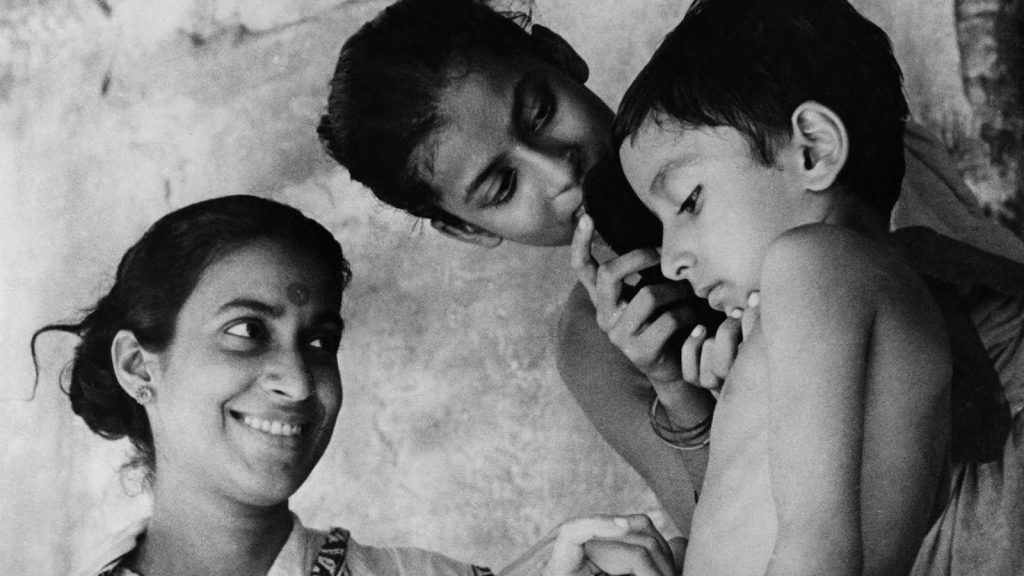
Plot
Harihar Ray (Kanu Banerjee) lives at his ancestral home in the village of Nischindipur with his wife Sarbajaya (Karuna Banerjee), his daughter Durga (Uma Das Gupta), and his distant relative and an old widowed woman Indir (Chunibala Devi). Though he belongs to the priestly caste of Hinduism, he aims to be a writer, and his family is forced to live a poor life because he has a low income.
Durga likes Indir, and she often gives Indir her fruit she has stolen from a wealthy neighbour’s orchard. Sarbajaya dislikes Indir because Indir often steals food from their kitchen. Being driven out of the house by Sarbajaya, Indir sometimes takes refuge in the home of another relative.
Sarbajaya gives birth to a baby boy. They give their baby the name of Apu. Apu (Subir Banerjee) matures into a boy.
One day, the neighbour’s wife accuses Durga of stealing a bead necklace. Sarbajaya asks Durga whether she stole it, and Durga denies it.
As the elder sister, Durga cares for Apu with motherly affection. Apu shares good times with Durga: running after a candy seller who passes through the village, watching a Jatra (open-air theater) performed by a traveling theatrical troupe, viewing pictures in a bioscope, and going for an outing to see a train.
Indir sometimes tells fairy tales to Durga and Apu at night, but one day, Durga and Apu find Indir passing away from old age outside. The family holds Indir’s funeral.
Harihar goes to the city to earn money because he has no job in the village and he cannot repair his broken house. However, he stays in the city for months without sending a letter to his family because he has trouble getting a job.
Sarbajaya sells their tablewares and manages to raise money to survive.
One day, Durga develops a high fever after playing in a heavy monsoon rain for a long time. Adequate medical care being unavailable, she dies in a stormy night.
Earning some money, Harihar comes back home from the city, and he is shocked by his daughter’s death. Harihar decides to leave the village and to move to the holy city of Varanasi (Benares) with his family.
Commentary
“Pather Panchali” was a turning point in Indian film history as one of the pioneering films of the new lndian film movement called “parallel cinema” since the 1950s. The film is characterized by its realistic and naturalistic style influenced by Italian neorealism, such as Vittorio De Sica’s “Bicycle Thieves” (1948), and Jean Renoir’s “The River” (1951), and poetic beauty of the images.
The soundtrack of the film was composed by Indian sitarist and composer Ravi Shankar. It features pieces based on several ragas of Hindustani (North Indian) classical music, played mostly on the sitar.
The film won many awards including Best Human Document in the 1956 Cannes Film Festival.
It became the first one of the Apu Trilogy because two sequels featuring Apu were produced: “Aparajito (The Unvanquished)” (1956) and “Apur Sansar (The World of Apu) (1959).
American video distribution company the Criterion Collection made the 4K digital restoration of the original negatives of the Apu trilogy in collaboration with the Academy Film Archive at the Academy of Motion Picture Arts and Sciences. In 2015, the three restored films were screened in the U.S. and Canada, and were released on DVD, Blu-ray and digital distribution by the Criterion Collection.
